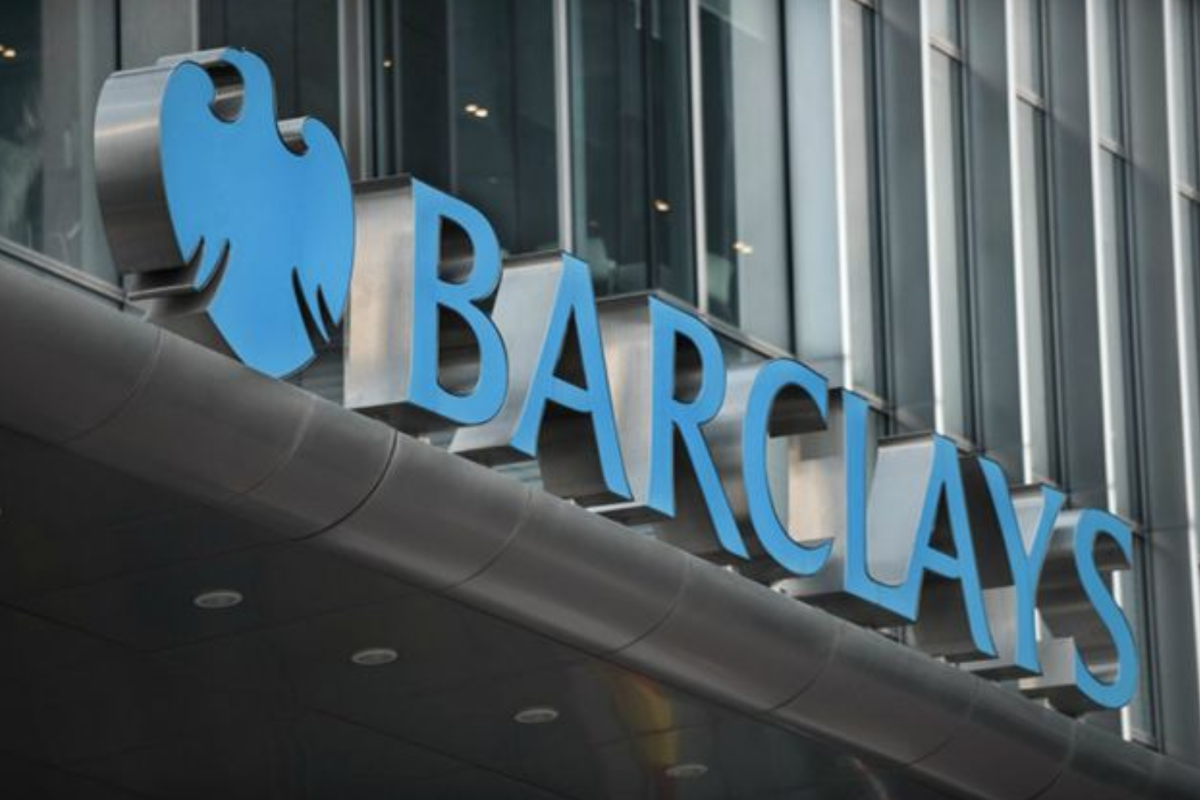Artificial Intelligence (AI) has become a buzzword in recent years, with its potential applications being explored across various industries. However, it is the banking industry that experts believe stands to gain the most from this transformative technology.
While banks may not be as attractive to AI technologists as companies like Amazon or OpenAI, financial services firms are already partnering with developers to leverage AI in areas such as risk management, portfolio monitoring, and regulatory compliance. This collaboration between banks and technology companies has the potential to revolutionize the banking sector and enhance customer experiences.
The financial sector has been increasing its technology budgets in recent years. For example, JPMorgan Chase allocated $11.4 billion in 2019 to research how AI can eradicate financial crime, improve client experience, and securely manage data. Other banks, such as Bank of America and Wells Fargo, have already launched chatbots to provide mobile customer services.
According to a report by Moody’s Analytics, the banking industry’s readiness for AI is evident in its sustained digitization efforts, large customer-facing workforces, and strict regulatory environment. Banks are beginning to tap into the potential of AI for frontline and back-office operations, analytics, data creation, customer servicing, and software development.
However, much research is still needed to fully unlock the potential of AI in the banking industry. Questions remain about the cost of deploying the required architecture and whether automated functions would still require extensive human oversight. Additionally, ensuring the ethical and responsible use of AI technology is a significant challenge that needs to be addressed.
Recent activity by countries around the world highlights the need for guidelines and regulations in the development of AI technology. Some nations have signed agreements on recommendations for “secure by design” development, while others are considering stricter regulatory frameworks. Given the banking industry’s access to people’s money and personal data, ensuring the safe deployment of new technology is of utmost importance.
With its potential to enhance cybersecurity measures, AI could prove to be a transforming moment for the banking industry. However, further evidence and research are necessary to ensure robust, accurate, and unbiased decision-making. The ethical use of AI technology also needs to be a top priority to build trust and ensure the responsible deployment of this powerful tool.
In conclusion, the banking industry is poised to benefit significantly from the adoption of AI technology. While challenges and further research are required, the potential for AI to revolutionize risk management, customer service, and operational efficiency in the banking sector is immense. By collaborating with technology companies and prioritizing ethics and security, banks can harness the power of AI to create a more secure and efficient financial ecosystem.





